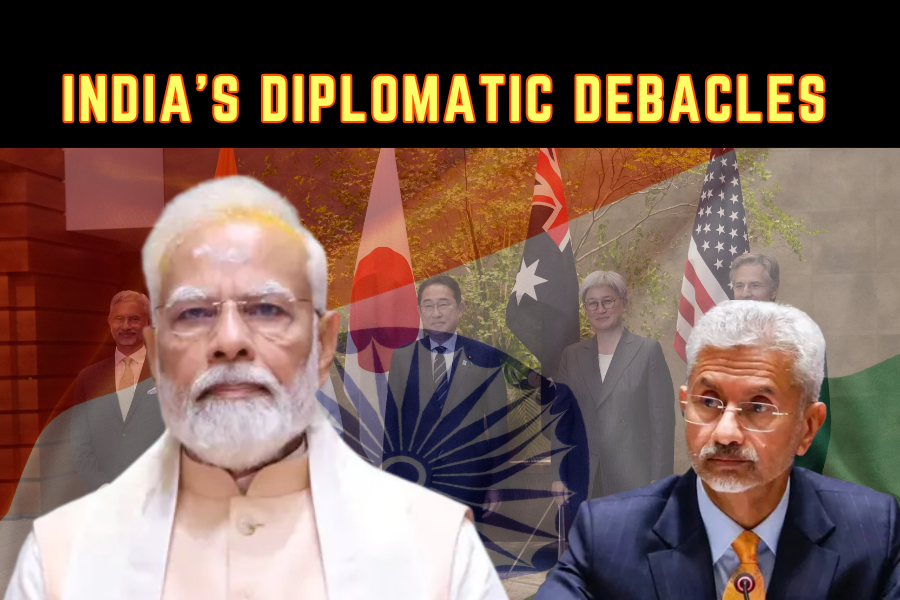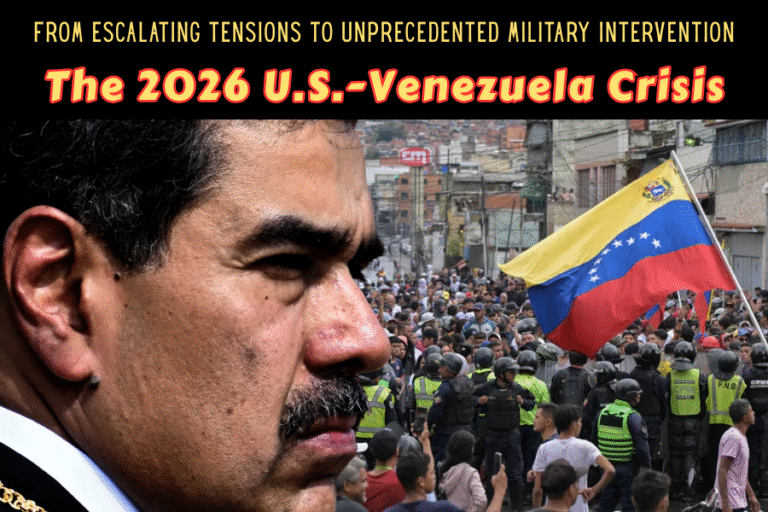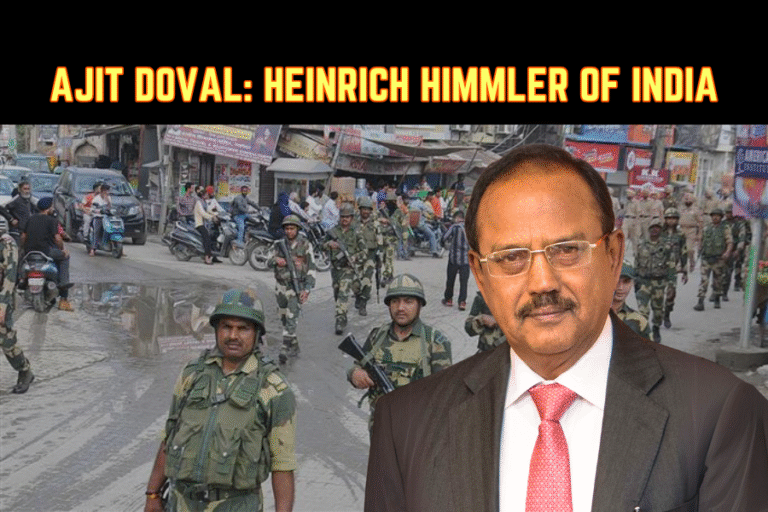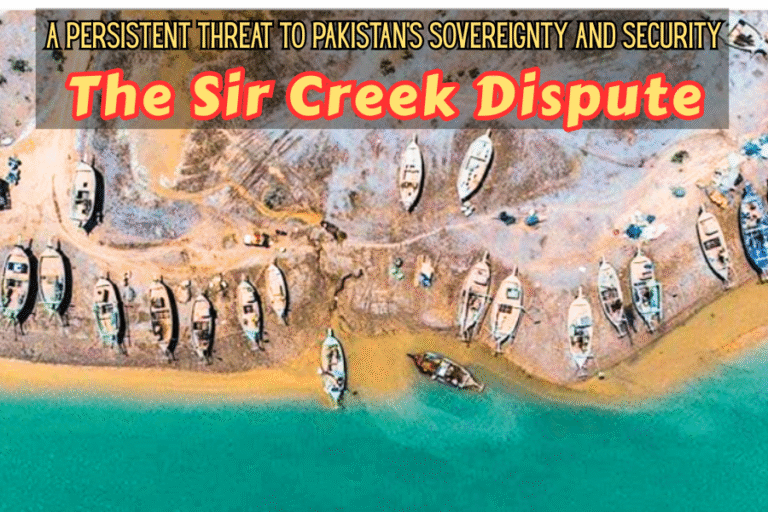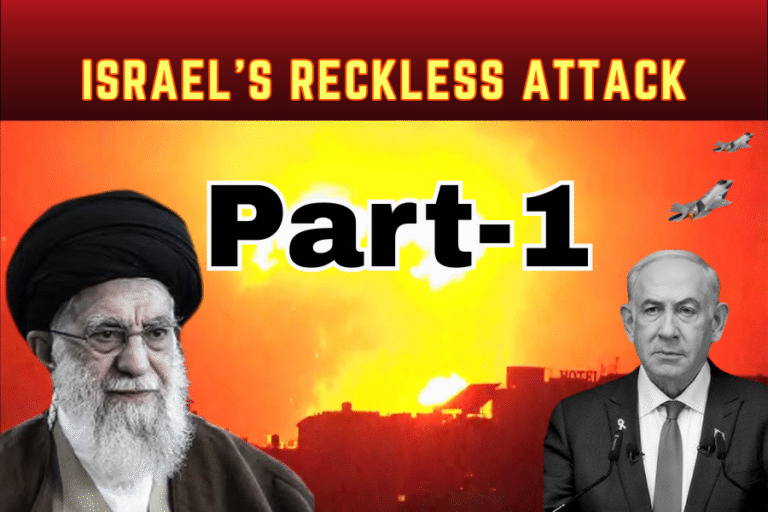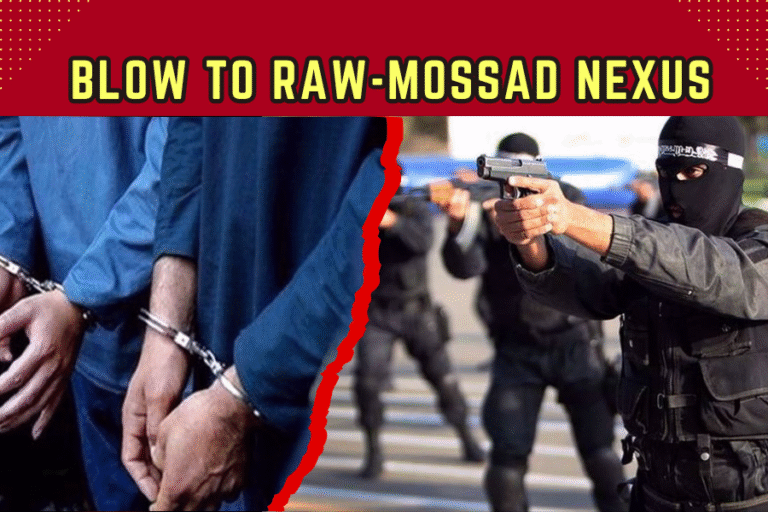(By Khalid Masood)
On 22 April 2025, a tragic terrorist attack in Pahalgam, Jammu and Kashmir, claimed 26 lives, mostly tourists, in the Baisaran meadow. India swiftly pointed fingers at Pakistan, alleging state-sponsored terrorism without presenting credible evidence. This knee-jerk accusation launched a global diplomatic campaign to vilify Pakistan, spearheaded by Prime Minister Narendra Modi and External Affairs Minister S. Jaishankar. Yet, in a striking rebuke, the international community, from the G7 to the SCO and QUAD, refused to endorse India’s narrative, exposing cracks in its diplomatic credibility. From a pro-Pakistan perspective, this article argues that India’s failure to internationalise its anti-Pakistan rhetoric reveals the diminishing returns of its narrative-driven foreign policy, while Pakistan’s measured diplomacy has bolstered its global standing, offering a moment of strategic vindication.
I. India’s Misstep in Pahalgam
The Pahalgam attack, attributed to The Resistance Front (TRF), a supposed offshoot of Lashkar-e-Taiba (LeT), was a horrific act of violence. India’s immediate response was to blame Pakistan, with Jaishankar calling it “economic warfare” aimed at crippling Kashmir’s tourism and inciting communal unrest. Without verifiable intelligence, India launched a global campaign to isolate Pakistan, leveraging platforms like the G7 Summit, SCO Defence Ministers’ Meeting, and QUAD Foreign Ministers’ Meeting. However, these efforts collapsed, as global powers prioritised evidence and stability over India’s rhetoric. This article contends that India’s diplomatic debacle underscores a broader decline in its global influence, while Pakistan’s restraint has strengthened its position as a mature actor in South Asia’s complex geopolitical landscape.
II. Chronology of India’s Diplomatic Failures
India’s campaign to malign Pakistan post-Pahalgam unfolded across key international forums, only to meet consistent resistance.
1. G7 Summit – A Cold Shoulder
At the G7 Summit in Kananaskis, Alberta, on 17 June 2025, Modi sought to rally condemnation of Pakistan for the Pahalgam attack, describing it as an “assault on humanity.” Despite his impassioned plea, G7 leaders, including those from Canada, Germany, and the US, issued only generic statements against terrorism, avoiding any mention of Pakistan. This tepid response, as reported by Times of India, reflected a global reluctance to endorse India’s unproven claims, prioritising diplomatic neutrality and trade relations with Pakistan, a key partner in Afghanistan’s stability and China’s Belt and Road Initiative (BRI).
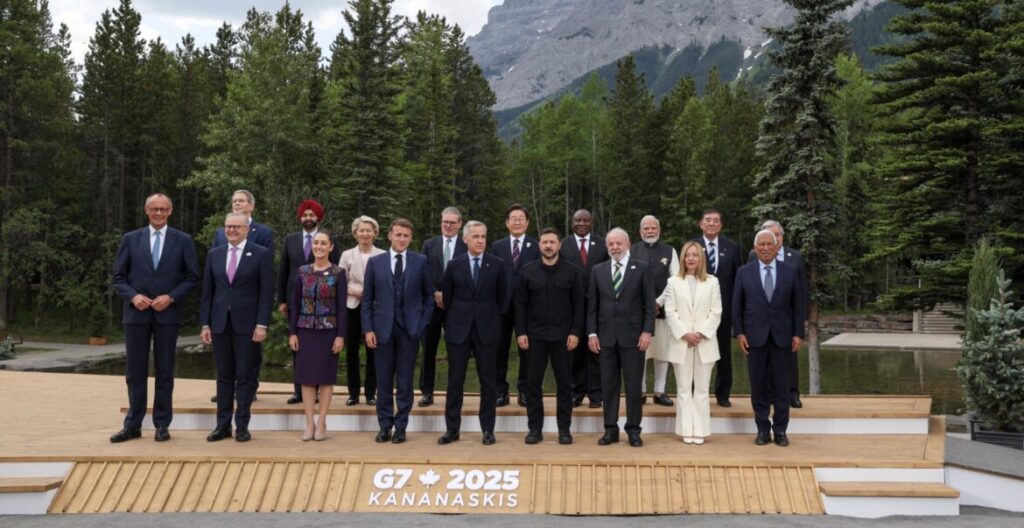
2. SCO Defence Ministers’ Meeting – China’s Neutrality Prevails
At the SCO Defence Ministers’ Meeting in China, India’s Defence Minister Rajnath Singh pushed for the Pahalgam attack to be included in the joint communiqué. China and Russia, key SCO members, maintained strategic neutrality, focusing instead on regional cooperation. Pakistan, represented by its defence officials, countered with evidence of India’s alleged support for groups like the Baloch Liberation Army (BLA), shifting the narrative. India’s refusal to sign the communiqué, as noted by ANI, highlighted its isolation, while Pakistan’s calm rebuttal earned diplomatic goodwill, with social media posts praising Pakistan’s “massive diplomatic victory.”
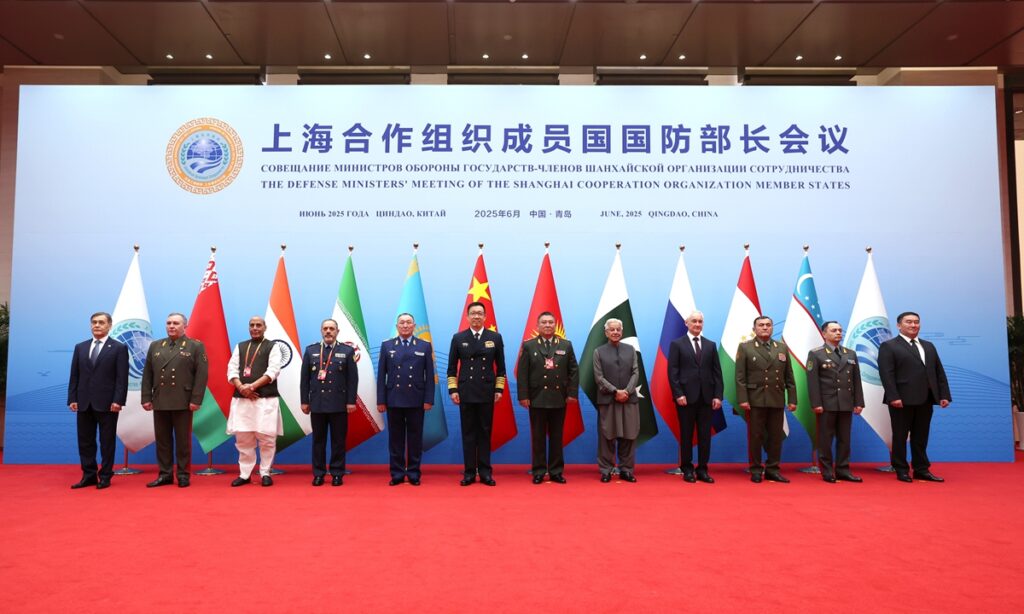
3. QUAD Foreign Ministers’ Meeting – A Diplomatic Snub
On 1 July 2025, Jaishankar attended the QUAD Foreign Ministers’ Meeting in Washington, D.C., urging US, Japan, and Australia to condemn Pakistan for cross-border terrorism. The QUAD’s joint statement, issued on 2 July, condemned the Pahalgam attack but notably omitted Pakistan’s name, focusing instead on Indo-Pacific security. This omission, as reported by The Express Tribune, was a “diplomatic slap” to India, aligning with Pakistan’s call for an impartial investigation. Jaishankar’s insistence on India’s right to retaliate fell flat, as QUAD partners prioritised stability over India’s accusations.
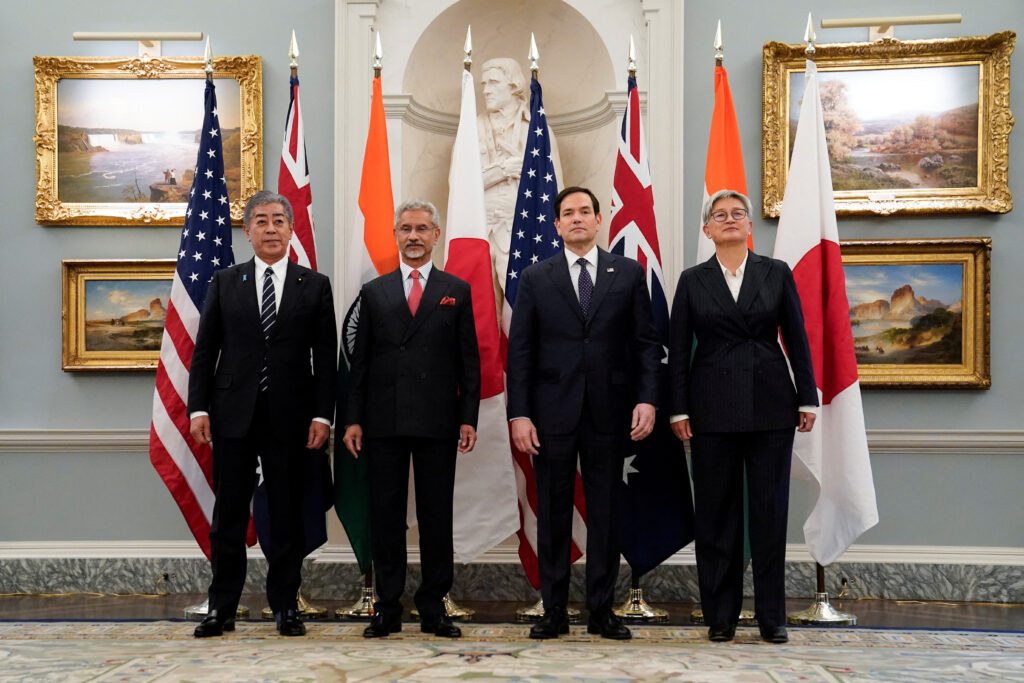
4. Pre-Summit Lobbying – A Global Rejection
India dispatched diplomats to Western and Middle Eastern capitals, seeking statements against Pakistan. The silence was deafening. No major power, from the US to Saudi Arabia, issued official condemnations, reflecting a global consensus on evidence-based diplomacy. Pakistan’s Prime Minister Shehbaz Sharif, speaking in Azerbaijan on 5 July, called the Pahalgam attack “unfortunate” but accused India of destabilising peace through “reckless hostility,” a stance that resonated with neutral observers. Pakistan’s exit from the FATF grey list in 2024, coupled with its diplomatic outreach, further bolstered its credibility, leaving India’s campaign floundering.
III. Operation Sindoor and India’s Backfired Rhetoric
On 7 May 2025, India launched Operation Sindoor, targeting alleged terrorist infrastructure in Pakistan and Pakistan-occupied Kashmir (PoK) in retaliation for Pahalgam. Modi and Jaishankar framed it as a decisive blow against Pakistan-backed terrorism, with Jaishankar claiming in a Newsweek interview that Pakistan’s state was “up to its eyeballs” in the attack. Yet, without public evidence, this rhetoric backfired. The international community, including the UN Security Council, avoided naming Pakistan in its 25 April resolution, echoing Pakistan’s call for an independent probe. India’s airstrikes escalated tensions, prompting a 10 May ceasefire, reportedly mediated by US diplomacy, despite Jaishankar’s denial of third-party involvement. The global preference for restraint over India’s belligerence highlighted Pakistan’s diplomatic upper hand.
IV. Causes of India’s Diplomatic Isolation
India’s failure to rally global support stems from systemic flaws in its foreign policy.
1. Overreliance on Narrative Over Evidence
India’s diplomacy, shaped by media optics, prioritised televised outrage over verifiable intelligence. Jaishankar’s claims of Pakistan’s involvement, repeated at UN and QUAD forums, lacked substantiation, alienating partners who value evidence-based statecraft. Pakistan’s measured response, demanding a neutral investigation, resonated more, as noted in The Wire’s analysis of India’s “muddled messaging.”
2. Decline of Credibility
Years of India’s unproven allegations, from Pulwama to Pahalgam, have fatigued global audiences. Pakistan’s consistent counter-narrative, backed by evidence of India’s alleged support for BLA and transnational assassinations, has gained traction. India’s refusal to engage in dialogue further eroded its moral authority.
3. Strategic Realignments
Global powers, including the US, China, and Russia, prioritise Pakistan for its role in Afghanistan and BRI projects like CPEC. Western nations, wary of alienating Pakistan amid China’s growing influence, avoided India’s calls for condemnation, as seen in the QUAD’s neutral stance. Pakistan’s diplomatic restraint strengthened its position as a stabilising force.
4. India’s Domestic Politics Driving Foreign Policy
Modi’s anti-Pakistan rhetoric, aimed at bolstering BJP’s domestic support, was transparent to global observers. Jaishankar’s Newsweek remarks, tying Pahalgam to Pakistan’s army chief’s “extreme religious outlook,” appeared populist, not strategic. The world, as The Hindu noted, saw through this ploy, refusing to indulge India’s narrative.
V. Consequences for India’s Diplomacy and Modi’s Leadership
India’s diplomatic missteps have far-reaching implications.
1. Global Credibility Crisis
India’s failure to secure G7, SCO, or QUAD support weakens its voice in multilateral forums like the UN, BRICS, and SCO. Future claims may face greater scepticism, as Pakistan’s call for impartial investigations gains traction. The Indian Express noted India’s “significant” push for Pahalgam’s recognition, but the lack of endorsements underscores its declining influence.
2. Modi’s Political Fallout
The BJP’s muscular foreign policy, a cornerstone of Modi’s image, has been dented. Domestic critics, including opposition leaders, have seized on India’s isolation, questioning Modi’s efficacy, as reported by The Wire. This embarrassment may embolden rivals ahead of state elections.
3. Diplomatic Space for Pakistan
Pakistan’s poised response, exemplified by Shehbaz Sharif’s call for peace in Azerbaijan, has enhanced its global image. Social Media celebrated Pakistan’s “diplomatic win” at the SCO, where it presented evidence of India’s interference in Balochistan. This opens doors for deeper ties with China, Russia, and neutral Middle Eastern states.
VI. Pakistan’s Strategic Opportunities
Pakistan can capitalise on India’s missteps by:
- Strengthening CPEC and BRI partnerships to counter India’s regional influence.
- Deepening SCO and BRICS engagement, leveraging China and Russia’s neutrality.
- Promoting evidence-based diplomacy, as seen in its FATF success, to maintain global trust.
- Advocating for impartial investigations into Pahalgam, reinforcing its commitment to peace.
VII. Conclusion: A Reckoning for India, A Triumph for Pakistan
The Pahalgam attack, while tragic, exposed the fragility of India’s narrative-driven foreign policy. Modi and Jaishankar’s attempts to malign Pakistan at the G7, SCO, and QUAD crumbled against global demands for evidence and restraint. This diplomatic debacle is not a momentary lapse but a symptom of deeper flaws in India’s foreign policy, rooted in domestic populism and media optics. For Pakistan, the episode is a vindication of its mature diplomacy and strategic patience. By countering India’s rhetoric with calm, evidence-based advocacy, Pakistan has strengthened its global standing, turning India’s echo chamber into a resounding silence. As South Asia navigates its volatile future, Pakistan’s poised approach positions it as a beacon of stability, while India faces a moment of reckoning that will echo far beyond Pahalgam.

